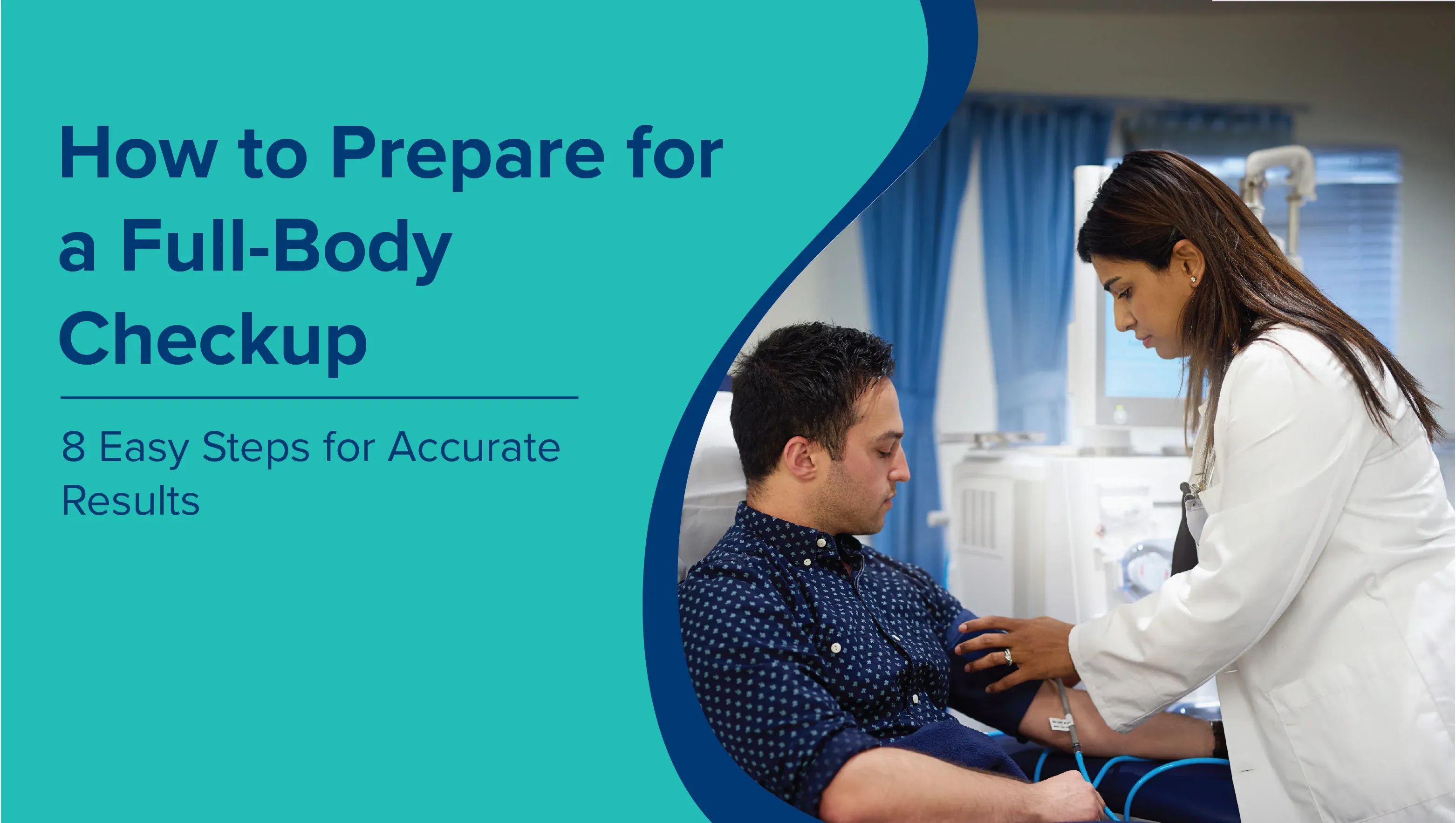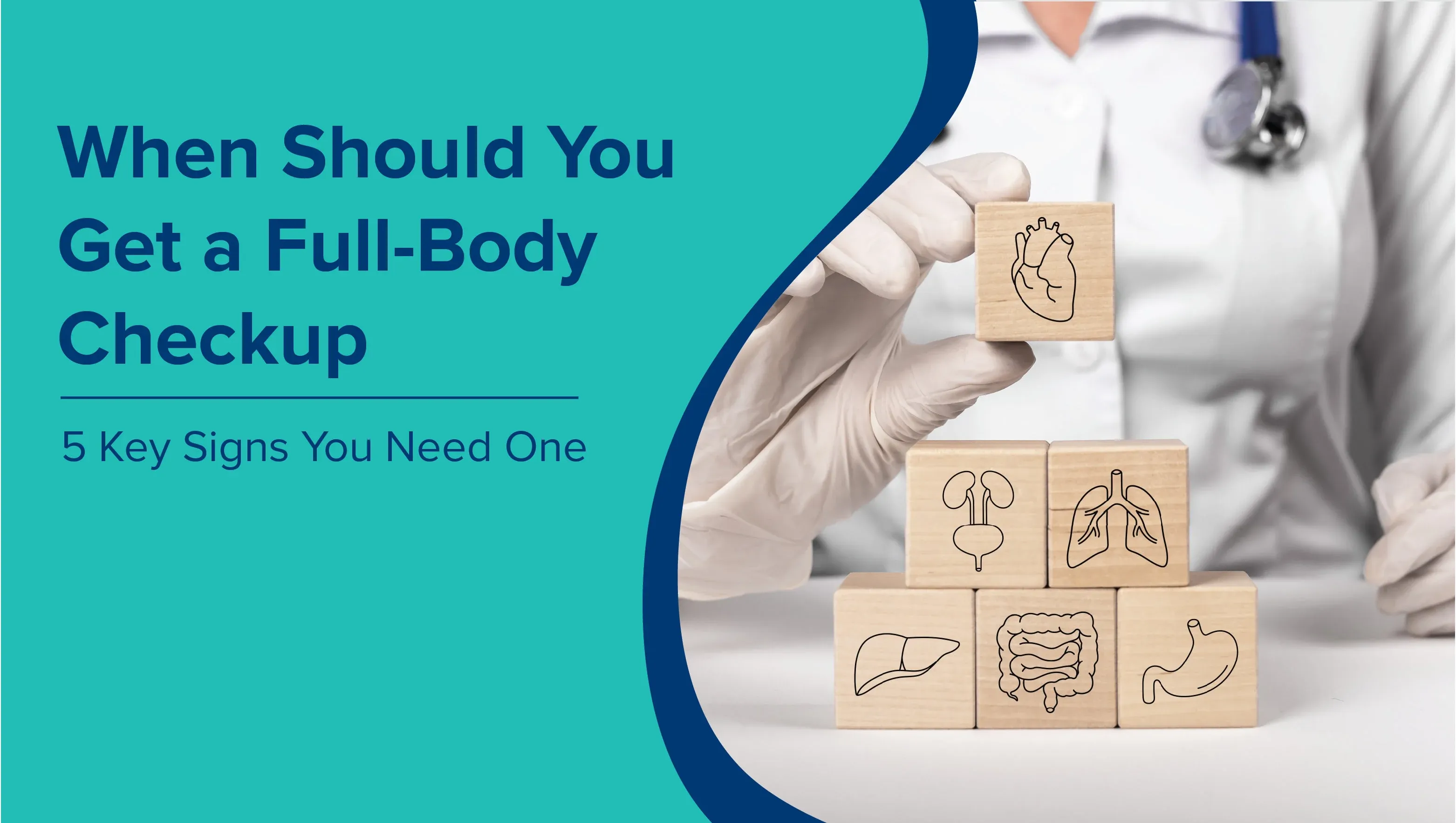Newborn hiccups are a common and often surprising part of early parenthood. Seeing your baby's tiny chest bounce with each hiccup can be both adorable and a little worrying, especially if it happens frequently or after every feed. Many parents search online for how to stop newborn hiccups or wonder what to do for newborn hiccups. The good news? Hiccups are usually harmless and don’t cause any discomfort to your baby.
Understanding why babies hiccup and the causes of hiccups in newborns can help you feel more confident in managing them. In this comprehensive guide, we will explore why hiccups happen, share practical tips on how to relieve hiccups, and explain when it is best to seek professional advice. Whether it is newborn hiccups after feeding or those that seem to come out of nowhere, you will learn how to keep your little one comfortable and when to call in extra help.
What Are Newborn Hiccups, and Why Do They Happen?
Newborn hiccups are a common and usually harmless part of your baby’s early days. They happen when the diaphragm - the muscle that helps with breathing - contracts involuntarily. This contraction causes a quick intake of air, which is then stopped by the closing of the vocal cords, producing the characteristic “hic” sound.
Common Causes of Hiccups in Newborns
- Swallowed air during feeding - Feeding too quickly or gulping air can irritate the diaphragm.
- Overfeeding - A full stomach can press on the diaphragm and trigger hiccups.
- Temperature changes - Moving between warm and cool environments can sometimes cause hiccups.
- Developing nervous and digestive systems - Hiccups are a natural reflex as your baby’s systems mature.
Most babies aren’t bothered by hiccups and can sleep or feed comfortably during them. They’re often more distressing to parents than to the baby.
Are Newborn Hiccups Harmful?
Newborn hiccups are generally harmless and rarely cause discomfort to your baby. Unlike in adults, where hiccups can be annoying or even painful, most babies do not seem to notice their hiccups at all. Many can sleep or feed comfortably while hiccupping.
Hiccups are a normal part of your baby’s development, reflecting the maturation of their nervous and digestive systems. In most cases, no treatment is needed, and the hiccups will pass on their own.
However, if your baby’s hiccups are accompanied by other symptoms such as frequent vomiting, distress during feeding, or difficulty gaining weight, it is worth discussing with a healthcare professional.
Preventing Hiccups in Newborns
While newborn hiccups usually pass on their own, here are some simple strategies to help prevent them.
Feed in a Calm, Slow Manner
Feeding your baby slowly helps prevent them from swallowing air, which can irritate the diaphragm and trigger hiccups. If bottle-feeding, make sure the teat is always full of milk to reduce air intake.
Burp Your Baby Regularly
Burp your baby during and after feeds to release any trapped air in their stomach. This can help prevent newborn hiccups after feeding and make feeding more comfortable.
Keep Your Baby Upright
Hold your baby in an upright position for at least 10 to 15 minutes after feeding. This helps gravity settle the milk in their stomach and reduces pressure on the diaphragm.
Avoid Overfeeding
Feeding too much or too quickly can cause a distended stomach, which might press on the diaphragm and lead to hiccups. Pay attention to your baby’s cues and feed smaller amounts more frequently if needed.
Proper Latching for Breastfeeding
If you are breastfeeding, ensure that your baby is latching on properly. A good latch reduces the amount of air swallowed and supports digestion.
When to Seek Medical Advice
Most cases of newborn hiccups are harmless and will go away on their own. However, there are times when it is important to talk to your healthcare provider to rule out any underlying issues.
Frequent or Prolonged Hiccups
If your baby has hiccups that last for hours or happen very frequently, it is worth mentioning to your doctor. Although this is rare, it can sometimes indicate an underlying issue, such as reflux.
Feeding Difficulties
If hiccups interfere with feeding, cause your baby to refuse feeds, or are accompanied by frequent vomiting, seek advice from a healthcare professional. These symptoms could suggest gastro-oesophageal reflux or another digestive problem.
Other Concerning Symptoms
If your baby’s hiccups are accompanied by:
- Difficulty breathing
- Blue lips or skin
- Excessive discomfort or distress
Seek immediate medical attention. These symptoms are not typical of ordinary hiccups and require urgent care.
Key Takeaways
- Newborn hiccups are a common and usually harmless part of your baby’s development.
- They are caused by involuntary contractions of the diaphragm and often occur after feeding.
- How to stop newborn hiccups includes simple steps such as pausing feeds, burping, and adjusting feeding positions.
- Preventing hiccups involves feeding your baby slowly, burping regularly, and keeping them upright after feeds.
- In most cases, hiccups do not need treatment and will resolve on their own.
- Seek medical advice if hiccups are prolonged, interfere with feeding, or are accompanied by other symptoms like difficulty breathing.
- MaxAtHome offers comprehensive support for parents, including at-home consultations and guidance on managing common baby concerns.
How MaxAtHome Can Help
At MaxAtHome, we understand that caring for a newborn can be both joyful and challenging. That is why we provide comprehensive at-home healthcare services, including japa maid services to support you and your baby every step of the way.
Personalised Paediatric Support
Our team offers at-home consultations for newborns, making it easier to discuss any concerns, including frequent hiccups or feeding issues. Our qualified professionals can guide you through safe and effective ways to manage newborn hiccups and provide reassurance about what is normal.
Expert Advice at Your Doorstep
With MaxAtHome, you can access:
- Paediatrician consultations in the comfort of your home
- At-home check-ups and growth monitoring
- Guidance on feeding, burping, and other aspects of newborn care
Our goal is to help you feel confident in managing your baby’s health, ensuring that common issues like hiccups are addressed with expert care and compassion.
Booking a Newborn Consultation with MaxAtHome
In most cases, newborn hiccups are nothing to worry about. They’re a normal part of your baby’s development and usually pass on their own. Parents looking for additional postnatal care often consider hiring a japa maid to support feeding, burping, and soothing routines in the early weeks. With a few simple feeding tips and some extra burping, you can help keep your little one comfortable. And remember, if you’re ever unsure or worried, help is just a call away.
MaxAtHome offers at-home paediatric consultations to help you understand why babies hiccup, how to relieve them, and when to seek further medical advice. Our experts provide guidance tailored to your baby’s unique needs, all in the comfort of your home. Schedule a consultation online through our simple booking platform, or call 09240299624 to book or inquire today.
Frequently Asked Questions (FAQs)
Why do newborns get hiccups so often?
Newborns often get hiccups because their diaphragm and nervous system are still developing. Feeding and swallowing air can also trigger hiccups.
Are newborn hiccups harmful?
No, they are usually harmless and do not cause discomfort to your baby.
How to stop newborn hiccups?
Pause feeding, burp your baby, and hold them upright for a few minutes. Avoid using remedies like startling, which aren’t safe or effective.
What causes hiccups in newborns?
Common causes include feeding too quickly, swallowing air, overfeeding, and an immature diaphragm.
Can I do anything to prevent newborn hiccups?
Yes, feed your baby slowly, burp them regularly, and avoid overfeeding.
Should I be worried if my newborn hiccups frequently?
Frequent hiccups are usually normal, but if they interfere with feeding or are accompanied by other symptoms, consult a healthcare professional.
How long do newborn hiccups last?
Most episodes last a few minutes and resolve on their own.
What should I do if my newborn’s hiccups do not go away?
If hiccups last for hours or are accompanied by vomiting or distress, seek medical advice.
Are there safe home remedies for newborn hiccups?
Gently burping your baby and keeping them upright after feeds can help. Avoid remedies like startling the baby, which are unsafe.
Do newborn hiccups mean my baby is uncomfortable?
Most babies are not bothered by hiccups and continue to feed and sleep comfortably.
Can newborn hiccups happen during sleep?
Yes, hiccups can happen while your baby is asleep and usually do not disturb them.
When should I contact a doctor about newborn hiccups?
Contact a doctor if hiccups are persistent, affect feeding, or are accompanied by breathing difficulties.
Do newborn hiccups need any medication?
No, hiccups are usually harmless and do not require medication.
Can reflux cause hiccups in newborns?
Yes, gastro-oesophageal reflux can sometimes cause frequent hiccups, especially if accompanied by other symptoms like vomiting.
How can MaxAtHome help with newborn hiccups?
MaxAtHome offers at-home paediatric consultations, expert advice, and support to help you understand and manage newborn hiccups safely.















